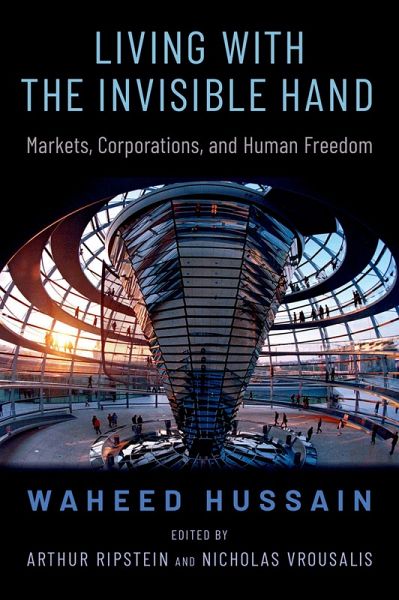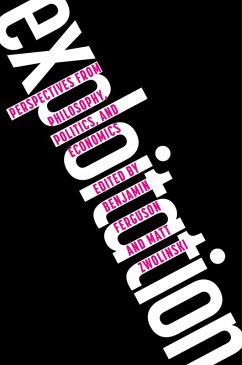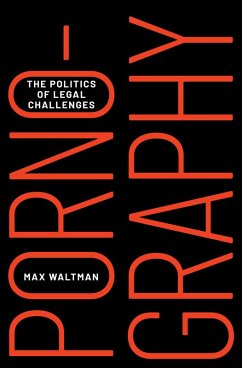
Living with the Invisible Hand (eBook, ePUB)
Markets, Corporations, and Human Freedom
Redaktion: Ripstein, Arthur; Vrousalis, Nicholas
Versandkostenfrei!
Sofort per Download lieferbar
37,95 €
inkl. MwSt.
Weitere Ausgaben:

PAYBACK Punkte
19 °P sammeln!
Markets are thought of by some as liberating the individual. Rather than a feudal system in which each is assigned a role or tasks by an authority, each is free to make decisions concerning how to use their resources and direct their productive activities in light of market prices for goods and services. These prices are not dictated but reflect the preferences of individuals, aggregated by an invisible hand. In this posthumous work, political philosopher Waheed Hussain argues that this way of thinking about markets obscures their systemic nature. He shows that a better way to think about the ...
Markets are thought of by some as liberating the individual. Rather than a feudal system in which each is assigned a role or tasks by an authority, each is free to make decisions concerning how to use their resources and direct their productive activities in light of market prices for goods and services. These prices are not dictated but reflect the preferences of individuals, aggregated by an invisible hand. In this posthumous work, political philosopher Waheed Hussain argues that this way of thinking about markets obscures their systemic nature. He shows that a better way to think about the invisible hand is as a mechanism that drops each of us into a maze whose design is opaque to us. It liberates us from the direct bondage of a feudal system; but leaves us subordinate to an arbitrary authority, one whose character is harder to discern. Hussain locates this authority in the way the market shapes the options available to us, exercising what he calls an impersonal authority over each of us. According to Hussain, the market system is objectionable when and because it is arbitrary, governing us without giving anyone a voice concerning how the authority is exercised. This is incompatible with what Hussain takes to be fundamental to human freedom, the freedom to make choices in the face of an option set that one can make sense of as being available for good reasons, to which one can assent as a free person.
Dieser Download kann aus rechtlichen Gründen nur mit Rechnungsadresse in A, B, BG, CY, CZ, D, DK, EW, E, FIN, F, GR, HR, H, IRL, I, LT, L, LR, M, NL, PL, P, R, S, SLO, SK ausgeliefert werden.













